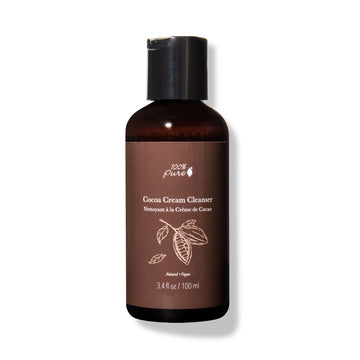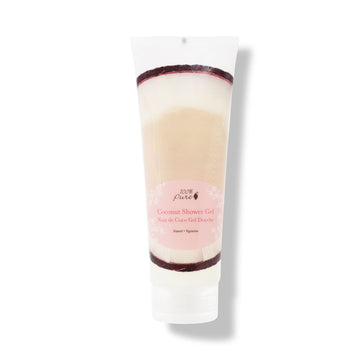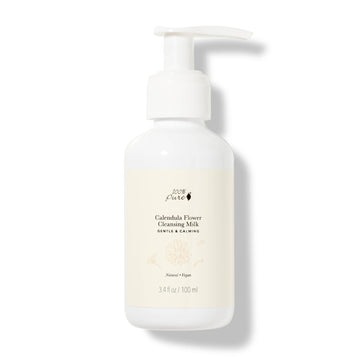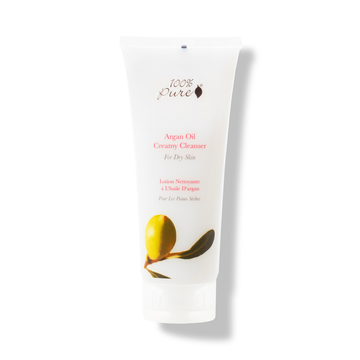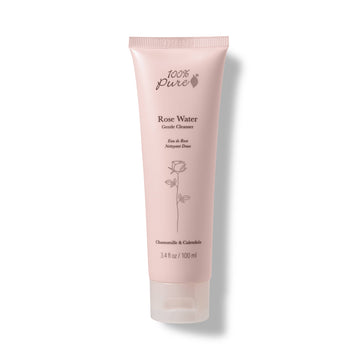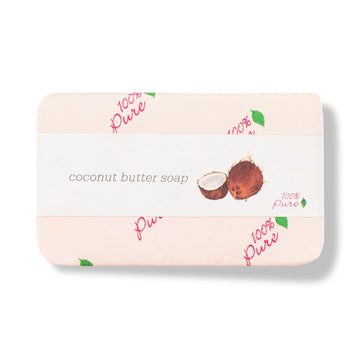The ingredients in your daily soap products could be far from beneficial for your skin
Written by: 100% PURE®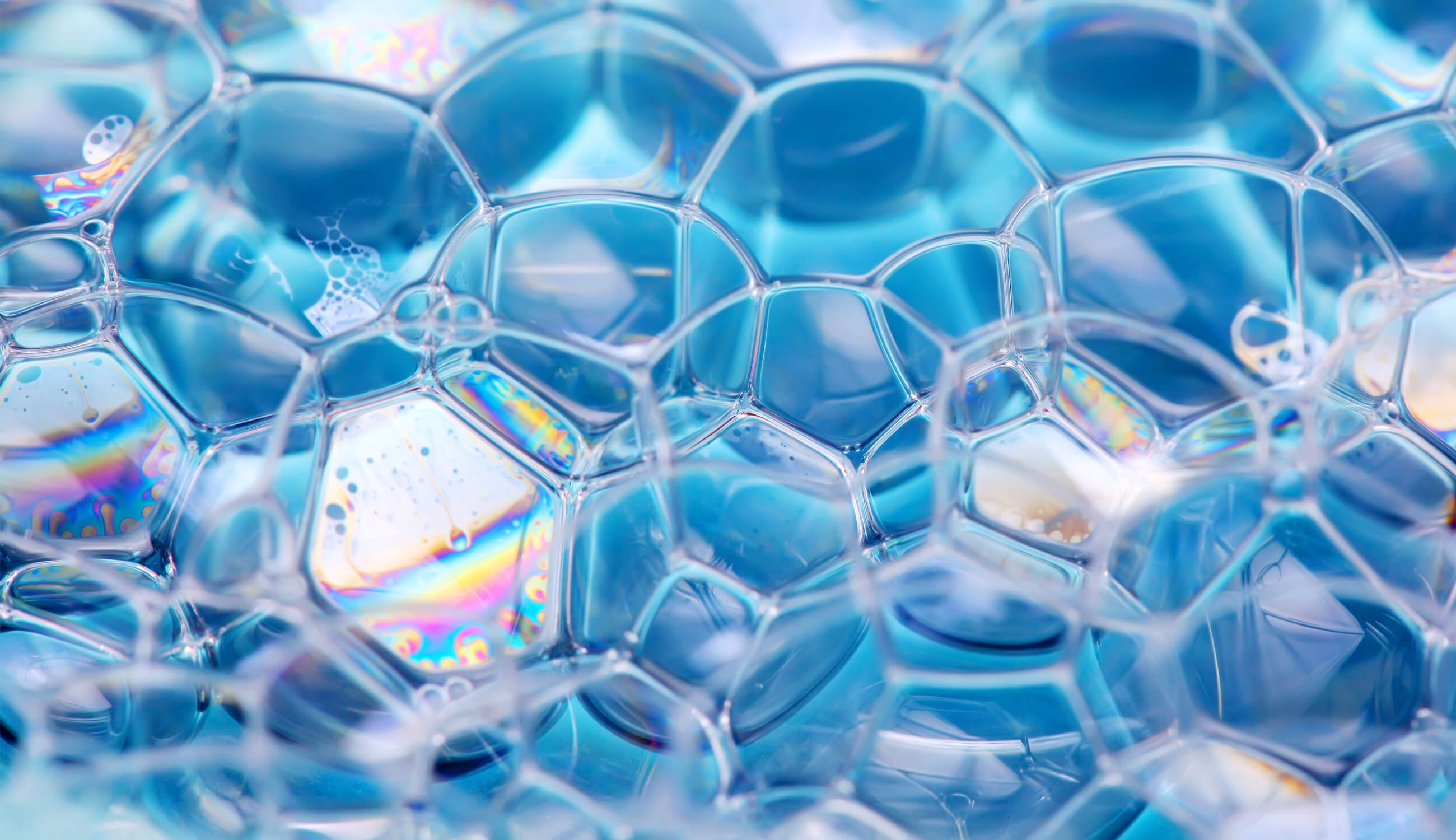
No matter your skin type, a good soap is an absolute essential to your daily routine and vital to your skin’s health — but not all soaps are created equal. Unfortunately, there are many popular soaps that leave your skin feeling squeaky clean, but are also wreaking havoc on your skin’s lipid barrier. They can leave behind dry, heavily stripped skin due to the synthetic surfactants they use to degrease your skin.
The good news is that there are effective plant-derived alternatives on the market, which can clean your skin while also nourishing and protecting it. We’re breaking down the differences and how they impact your skin. Plus, we’ve got your top questions all things soap-related that will make you bubbly.
When you walk down the soap aisle at a grocery store or pharmacy, most of the products you see are made with ingredients called surfactants (aka surface active agents). Two of the most popular of these ingredients are sodium lauryl sulfate or SLS and sodium laureth ether sulfate (SLES).
These ingredients create that ultra-foaming effect that we see in commercials, imprinting in our minds that big, foamy bubbles are what it takes for a soap to be effective. In reality, these synthetic ingredients are incredibly harsh on your skin. What they’re actually doing is stripping your skin of its own protective barrier and disrupting its natural oil and pH balance.
While all that foam will certainly clean your skin, it doesn’t mean it’s working to benefit your skin’s health. In the short term, your complexion might be dried out, making it dull while also inviting skin irritations and toxins to more easily penetrate the skin’s surface. In fact, notice the way your dish soap suds? That’s chemical surfactants at work — and you wouldn’t put dish soap on your face, would you?
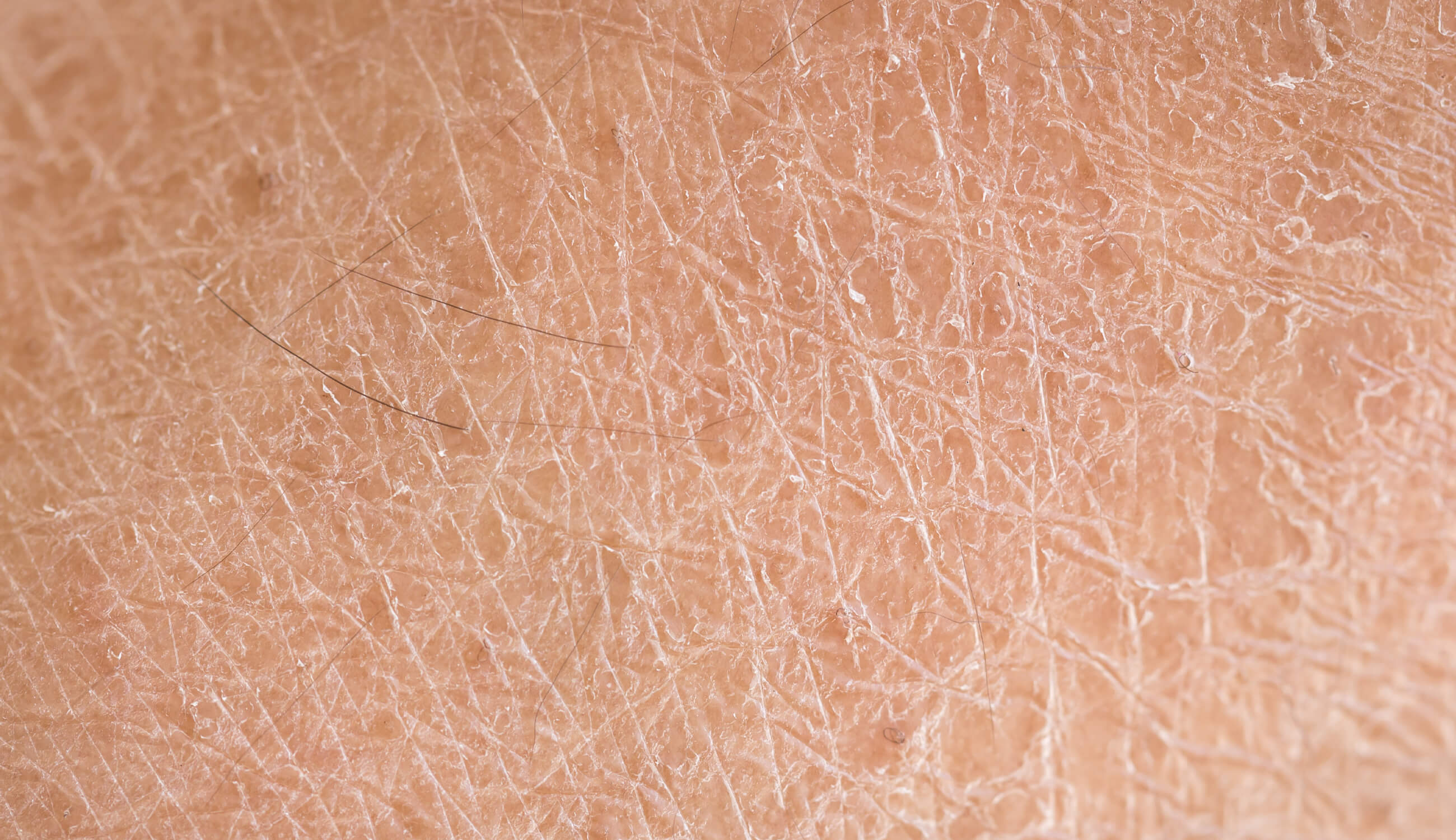
Chemical surfactants work or wreak havoc on your skin by drawing oil and water together. So, when you wash your face with products that contain SLS or SLES, you’re effectively removing your skin's essential lipids by sweeping them away. This might sound innocent enough, but these synthetics are also stripping away healthy lipids that are good for your skin, essentially removing everything - the good and the bad.
Ultimately, harsh surfactants can dry out your skin and diminishes its natural lipid barrier over time. As we all know, excessive dryness leads to irritation and contributes to skin aging, acne, and fine lines when left unchecked. In the case of chemical surfactants, clean skin doesn’t necessarily mean healthy skin. Moreover, these chemical culprits have the capability to infiltrate the skin, either through cellular absorption or penetration.
That’s right! While there are ingredients that your body can easily break down, these chemical surfactants can go right into your skin and, potentially, bloodstream. In fact, toxic ingredients in your skincare and makeup can end up infiltrating your skin and into your bloodstream. Whether it’s preservatives to increase a product’s shelf life to synthetic solvents or binding agents in many cosmetics, many toxic ingredients can pose side effects to our health, wellness, and skin.
Newsletter Subscribe
for more blog updates and exclusive discounts
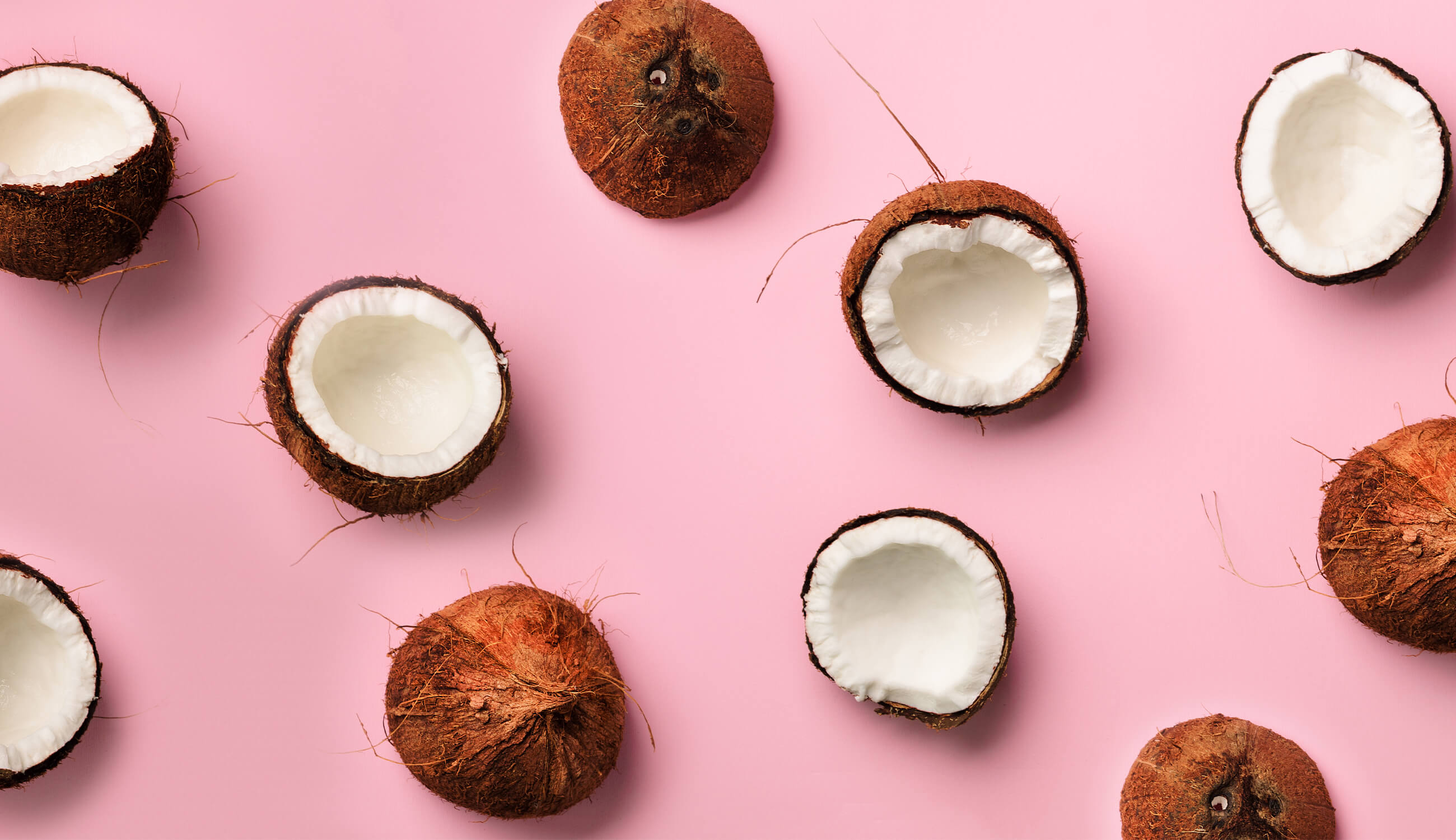
Fortunately, there are incredible plant-derived alternatives in natural soaps, which pack the necessary oil-fighting, cleansing properties that your skin needs – without depleting its natural oils or compromising your skin's health or your own well-being. Check out the best natural alternatives – plus the top cleansers with them further below!
#1: Saponified Coconut Oil
One of our favorite natural soap surfactants are saponified coconut oil, which is created by breaking down fatty acid rich coconut oil with alkaline salt. Saponified coconut oil gently gets rid of dirt and excess oil, while also providing your skin with a natural source of nourishing vitamin E.
While it might not foam up to the extreme that chemical surfactants do, you’re cleansing your skin in a far gentler, more sustainable way without completely stripping it. In fact, saponified coconut oil is so gentle that it's a key ingredient in most of our facial cleansers, like our Argan Oil Creamy Cleanser.
#2: Decyl Glucoside
This is a plant-based surfactant for gentle skin cleansing. Mild and perfect for those with sensitive skin, you’ll find this ingredient in our Rose Water Gel Cleanser and our Cocoa Cream Cleanser.
#3: Coco Betaine
Coco betaine is a fatty acid naturally derived from coconut oil. It gently cleanses while sweeping away oil and dirt. You’ll find this ingredient in our Calendula Cleansing Milk, Cocoa Cream Cleanser, and Rose Water Gel Cleanser.
#4: Lauryl Glucoside
This is another plant-based, gentle surfactant that is naturally derived from coconut or palm kernel oil. You’ll find this ingredient in our Calendula Cleansing Milk.
The light lather of our Rose Water Gel Cleanser is a gentle way to start your day. Rose hydrosol lightly moisturizes, reduces redness, and balances skin’s pH, soothing even super-sensitive skin. White tea and glycerin combat sun damage, lock in moisture, and reduce the appearance of fine lines.
Our Calendula Cleansing Milk is a silky smooth, gently foaming milk cleanser. If you’ve been wearing sunblock during the day (good for you!), this face wash will sweep it away, together with any traces of dirt and environmental pollutants. Calendula calms breakouts and encourages collagen production, while aloe juice, sea buckthorn oil, and chamomile soothe, strengthen, and moisturize skin.
If you love chocolate, look no further than our Cocoa Cream Cleanser. This decadent cleanser nourishes skin and lifts away impurities with a rich, chocolatey lather. The organic cacao contains beneficial tannins, flavonoids, and antioxidants. Plus, the natural caffeine content offers anti-inflammatory benefits to reduce redness and promote healthy circulation.
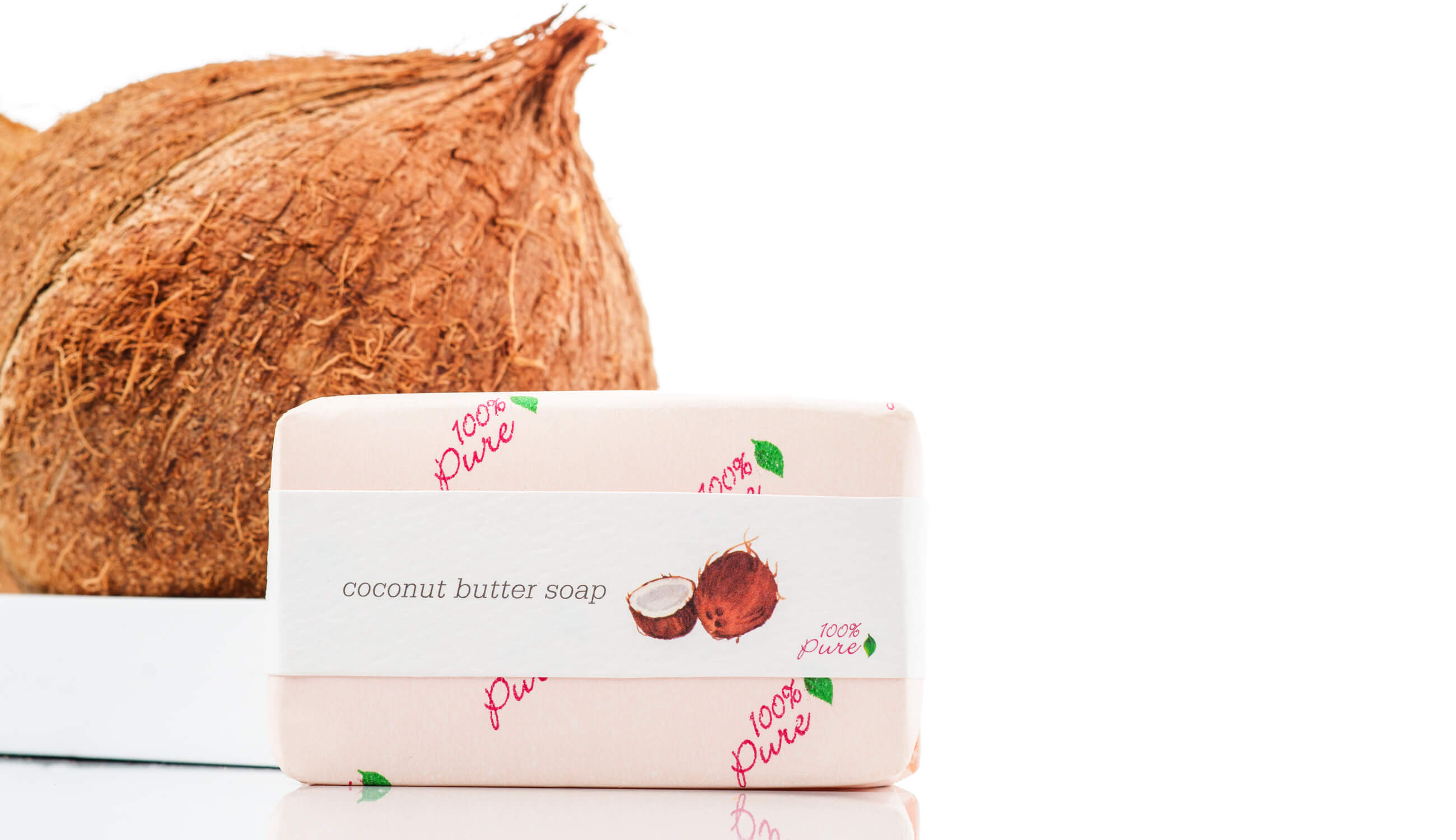
Natural Soap Bars
If you love a traditional bar of soap, our sumptuous smelling collection of triple-milled natural soap bars feature saponified coconut oil. They’re infused with other beneficial ingredients like moisturizing shea and avocado butters, along with anti-aging rosehip oil to ensure you’re cleansing your skin while boosting hydration. These healthy, plant-derived ingredients leave your skin silky smooth and clean, while supporting your skin’s natural lipid barrier and pH balance.
Even the most irritated, sensitive skin can benefit from our decadently pure Butter Soap bars. And the incredible scents? We use natural essential oils and food-grade natural flavors to create a variety of fresh, sweet-smelling infusions to kick start your day. No fake synthetic fragrances here — thank you, Mother Nature!
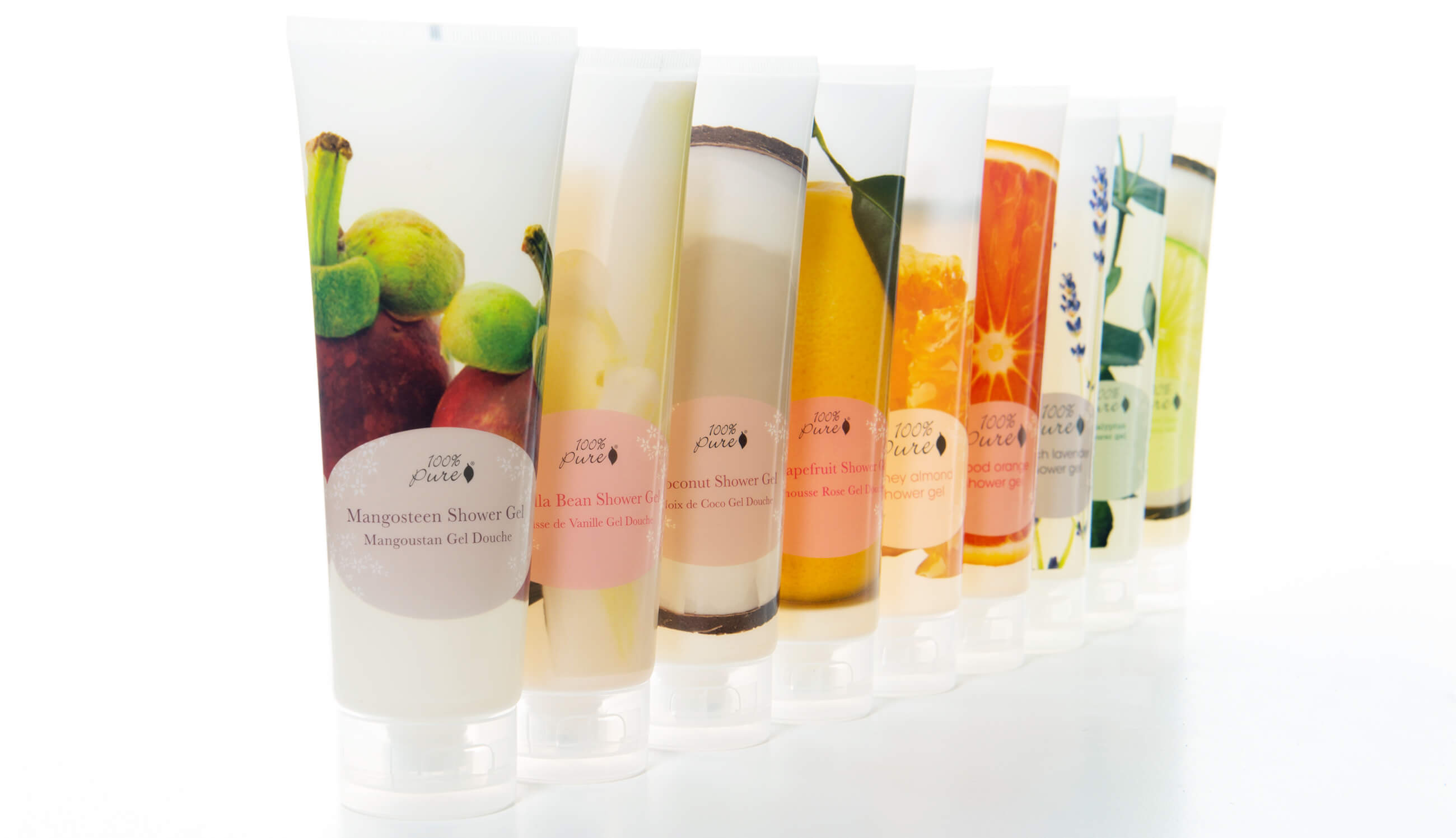
Shower Gels
If you prefer a body wash, we’ve got you covered on that front too! Our shower gels are also made in a base of saponified coconut oil that helps create a skin softening, cleansing lather. As we mentioned previously, our shower gels might not create the huge bubbles that synthetic ingredients and detergents generate, but that isn’t a bad thing. It means that you’re getting a gentle cleanse while also protecting your delicate skin. Soothing aloe, vegetable glycerin, and therapeutic herbs are bonus ingredients to help keep your skin healthy and hydrated.
PRO TIP: Start with our top-rated Coconut Shower Gel for a double dose of moisturizing coconut extract and saponified coconut oil. This richly foaming shower gel lifts away dirt, oil, and impurities while rehydrating thirsty skin with coconut oil, soothing aloe, and mineral-rich red algae.
Another one of our natural surfactant favorites is soap bark, derived from a tree belonging to the rose family that’s native to Chile. Soap bark has been used for centuries for its medicinal properties and works similarly to saponified coconut oil in that it creates a slight lather to gently remove dirt and excess oil. This is a perfect ingredient to make your own DIY soap or cleanser at home, with other skin-loving ingredients like rosehip oil, aloe, and vegetable glycerin.
Ready for some suds-ifying facts about natural soap surfactants in skincare? Yes, we’ve heard your questions – and we’re bursting bubbles to offer you answers. Let’s call this a ‘Q and A’ about plant-based soap surfactants and its proper usage in your skincare routine.
Can natural soap surfactants be used on all skin types?
Answer: Yes, natural soap surfactants are safe for all skin types. Even the most irritated, sensitive skin can benefit from the plant-based ingredients in these cleansing gems. In fact, many natural surfactants, such as coco glucoside, are used in many natural cleansers and even in natural baby products because of their mildness and effectiveness to gently cleanse skin, while protecting its pH and barrier function.
Are there any environmental benefits to using natural soap surfactants?
Answer: Absolutely! Since many conventional soaps and cleansers use synthetic chemicals and artificial fragrances, these toxins can contaminate water sources and contribute to air pollution. By using natural soap surfactants, you’ve made the choice to reduce chemical pollution. Plus, natural soap surfactants use only organic and biodegradable ingredients that are less harmful to the environment.
Are there any specific natural soap surfactants that are recommended for certain skin conditions?
Answer: Yes! There are certain natural ingredients in soap surfactants that are better suited for certain skin types. For example, any natural soap containing vegetable oils, cocoa butter, olive oil, aloe vera, jojoba, and avocado are perfect for dry skin. Oily skin types can also benefit from these moisturizing ingredients, but might better benefit with the addition of tea tree oil in a soap.
Can natural soap surfactants effectively remove dirt and oil from the skin?
Answer: Of course, and quite well! Natural soap surfactants work by reducing the surface tension of a substance, allowing it to spread more easily and effectively over the skin's surface. This helps to dissolve and remove dirt, oil, and other impurities from the skin, leaving it feeling clean - not tight - and refreshed.
Are there any specific considerations for choosing between harsh and natural soap surfactants for different body parts?
Answer: No. Harsh soap surfactants are just that – harsh! Since our skin is our largest organ, there is not one particular area of our bodies over another that are exempt from the harmful effects of toxic ingredients and harsh surfactants.
The next time you lather up, take a second to think about what’s in your soap. The ingredients matter, and can make a world of difference in how your skin looks and feels — plus, you don’t want to absorb any of those harsh synthetic ingredients through your skin. Choosing plant-based ingredients helps ensure that you’re taking proper care of your skin, while consciously protecting its long-term health. Try a natural soap surfactant or DIY natural soap for yourself and feel the difference it makes!
We carefully hand-select products based on strict purity standards, and only recommend products we feel meet this criteria. 100% PURE™ may earn a small commission for products purchased through affiliate links.
The information in this article is for educational use, and not intended to substitute professional medical advice, diagnosis, or treatment and should not be used as such.








